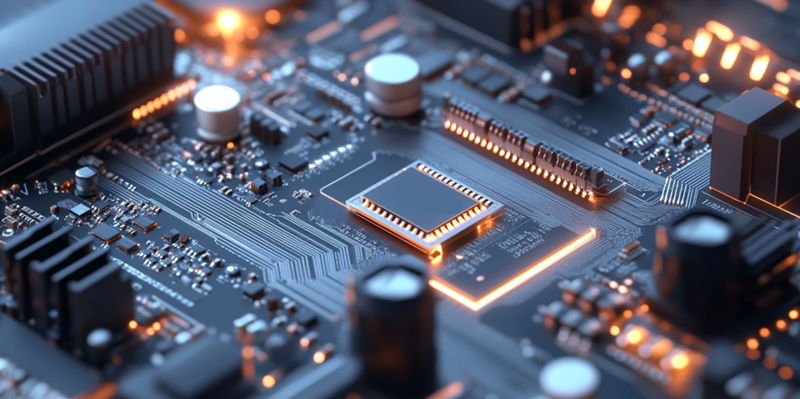AMD has experienced a significant surge in the desktop CPU market, highlighted by an impressive gain of nearly 10 percent to reach 28.7 percent, largely credited to the release of the Ryzen 7 9800X3D and the innovative V-cache technology. This advanced cache placement has notably enhanced processor performance without compromising thermal stability, capturing the interest of tech enthusiasts and professionals alike. Simultaneously, AMD has seen a 2.8 percentage point rise in the mobile CPU market, where it now holds 22.3 percent of the sector. Perhaps most strikingly, AMD has outperformed Intel in data center sales, achieving $3.5 billion in the third quarter while preparing to launch its next-generation Zen 5 Epyc CPUs and the new MI325X AI accelerators.
While AMD has enjoyed substantial successes, Intel remains a formidable competitor, exhibiting resilience through recent challenges. Intel has managed to recover from issues plaguing its Core i9 Raptor Lake CPUs, demonstrating an ability to bounce back and address the concerns of its user base. Concurrently, Intel continues to confront delays in its fab construction, presenting both a challenge and an opportunity to optimize its future output. The competitive dynamic between AMD and Intel suggests that 2025 could be a pivotal year, as both companies strive for supremacy in the semiconductor market.
These overall trends underscore the robust performance of AMD, with promising advancements in CPU technology and market share gains reflecting its strategic innovations. Nonetheless, Intel maintains a strong presence, particularly in mainstream and gaming desktop CPUs, preparing to capitalize on future market opportunities and challenges. The narrative highlights a highly competitive landscape in the CPU market, with both AMD and Intel bringing their strengths and coping with hurdles. As AMD continues to innovate and expand, the industry watches closely to see whether it can sustain its growth against Intel’s strategies and upcoming advancements.

